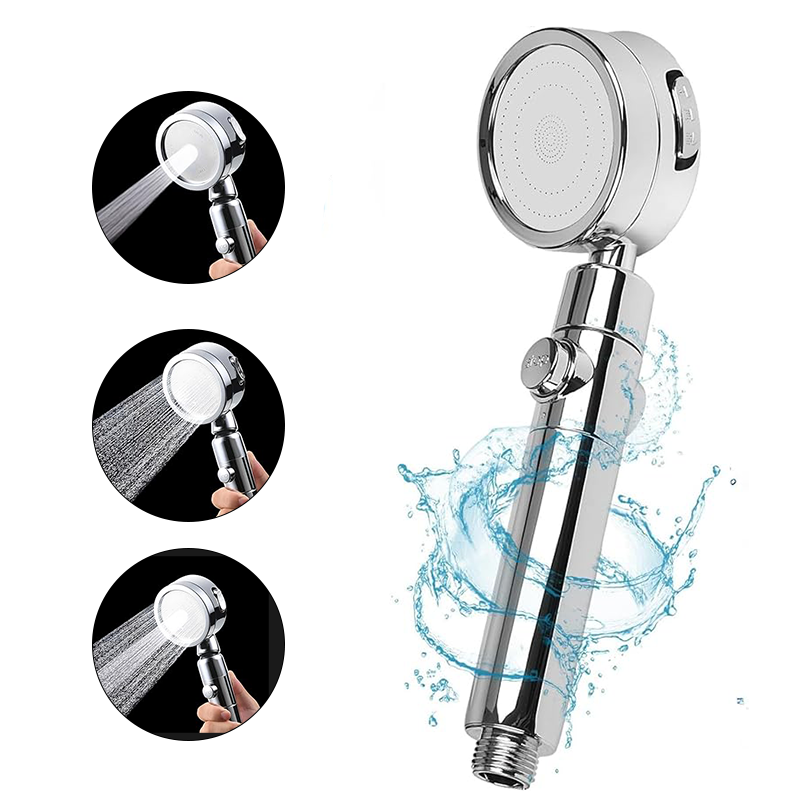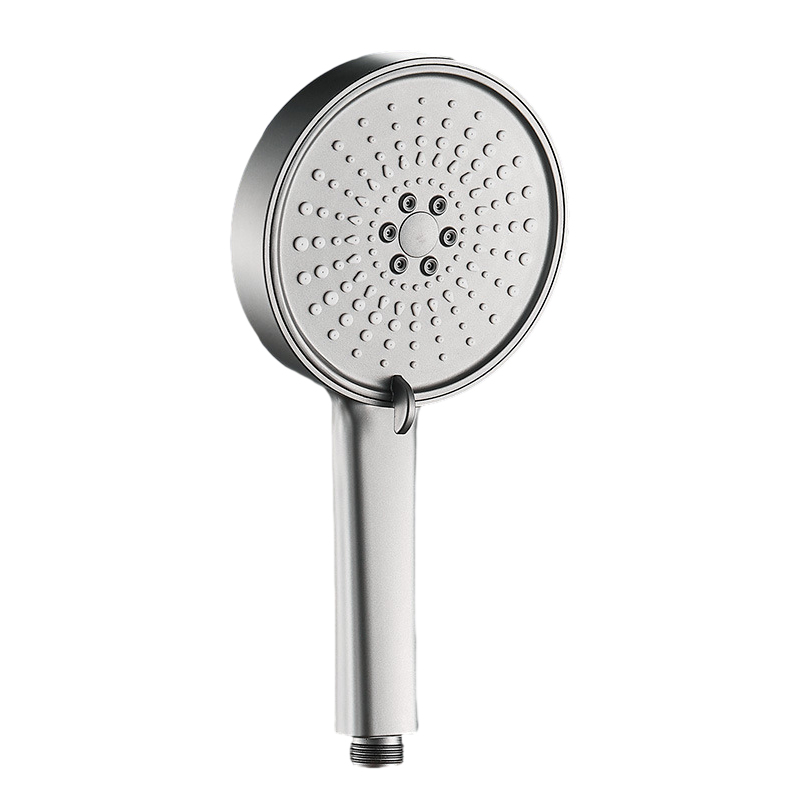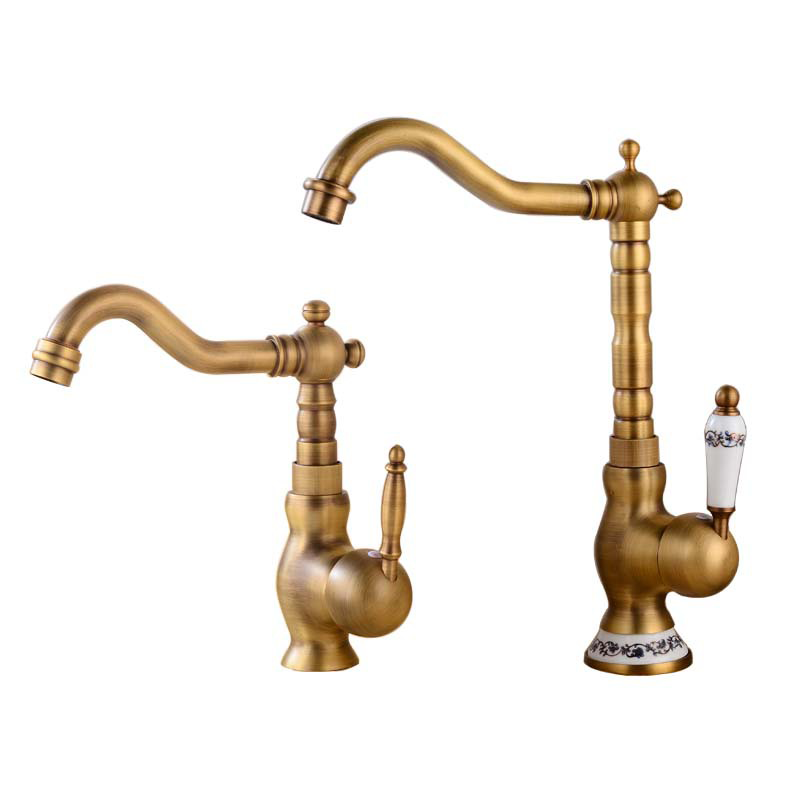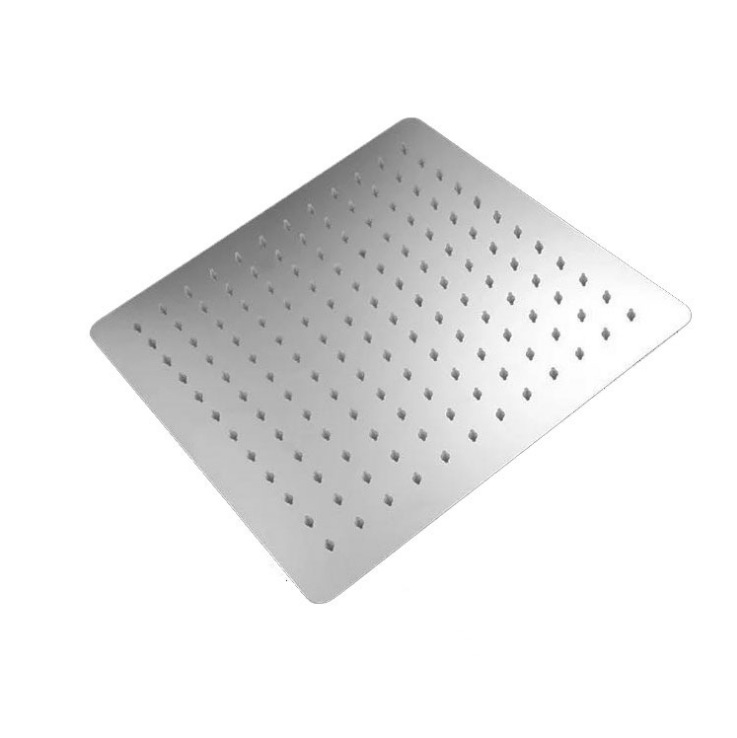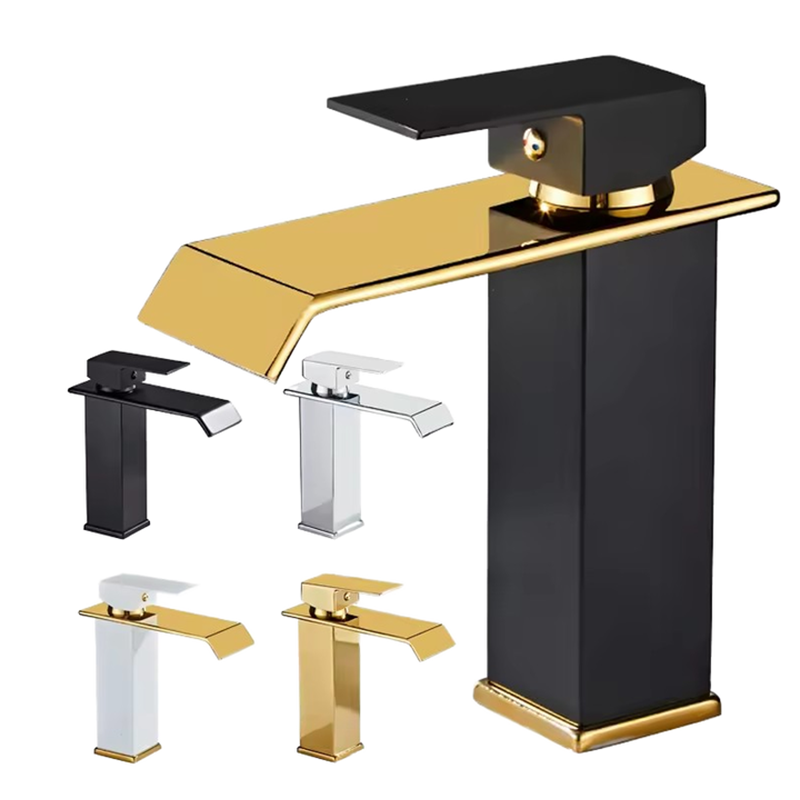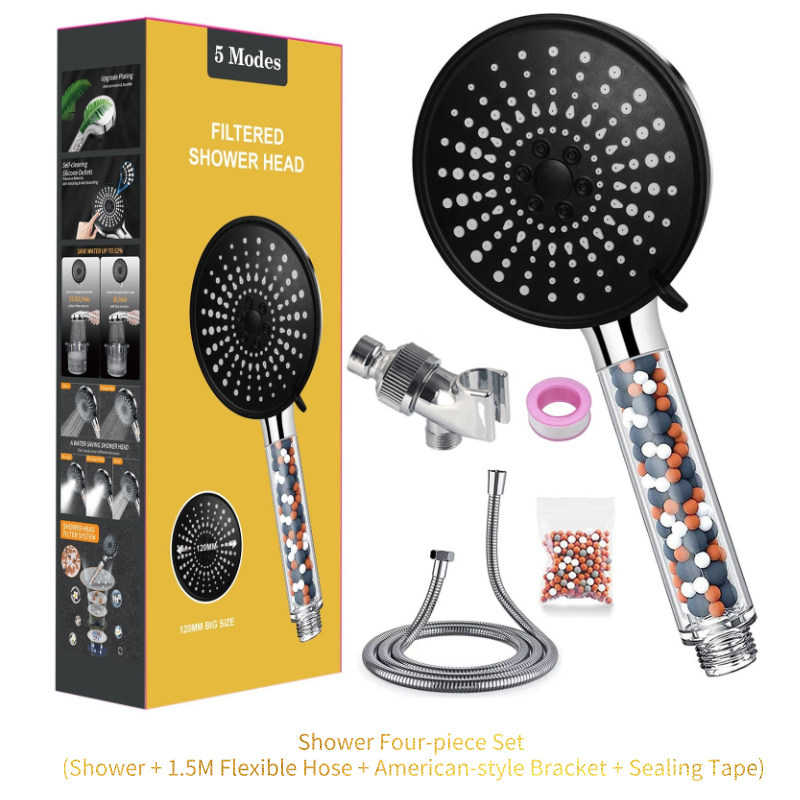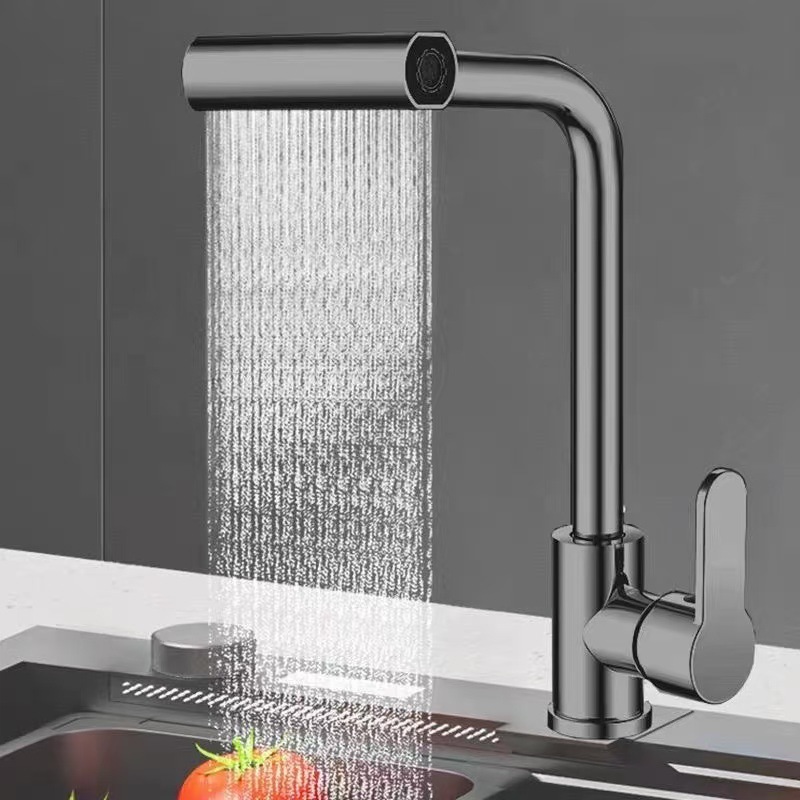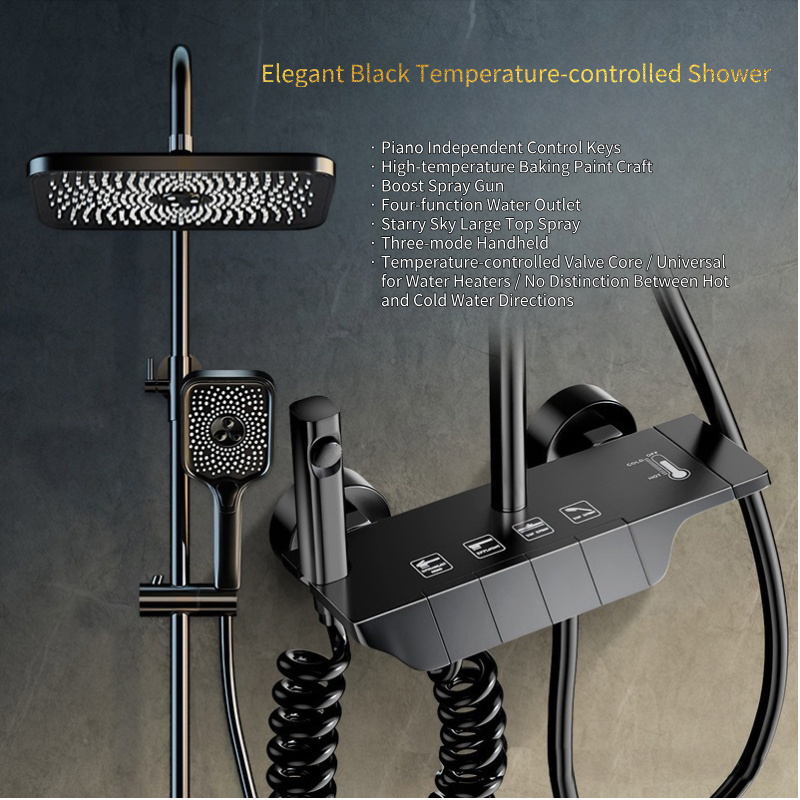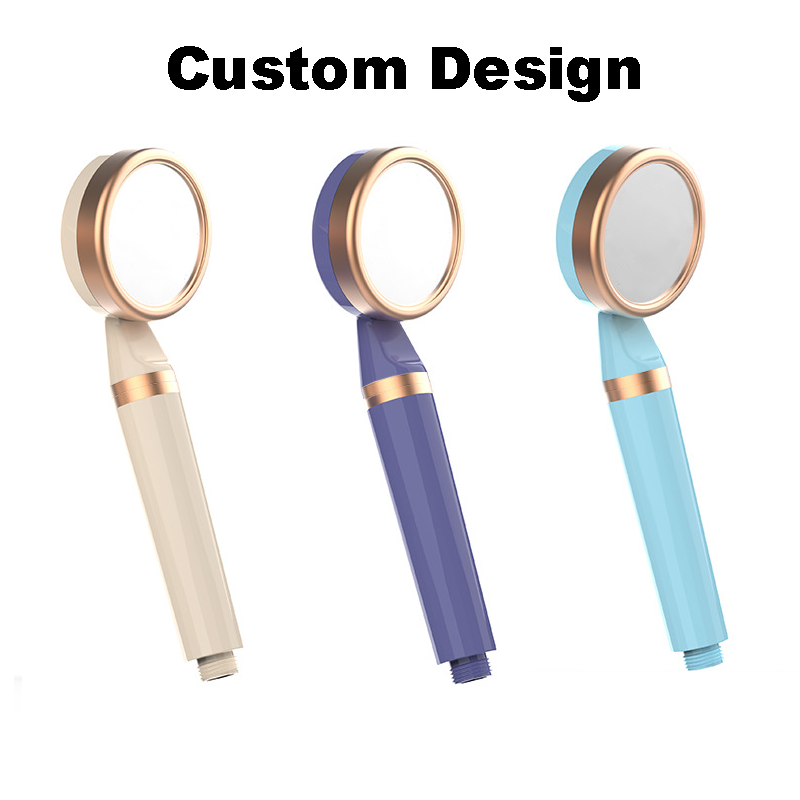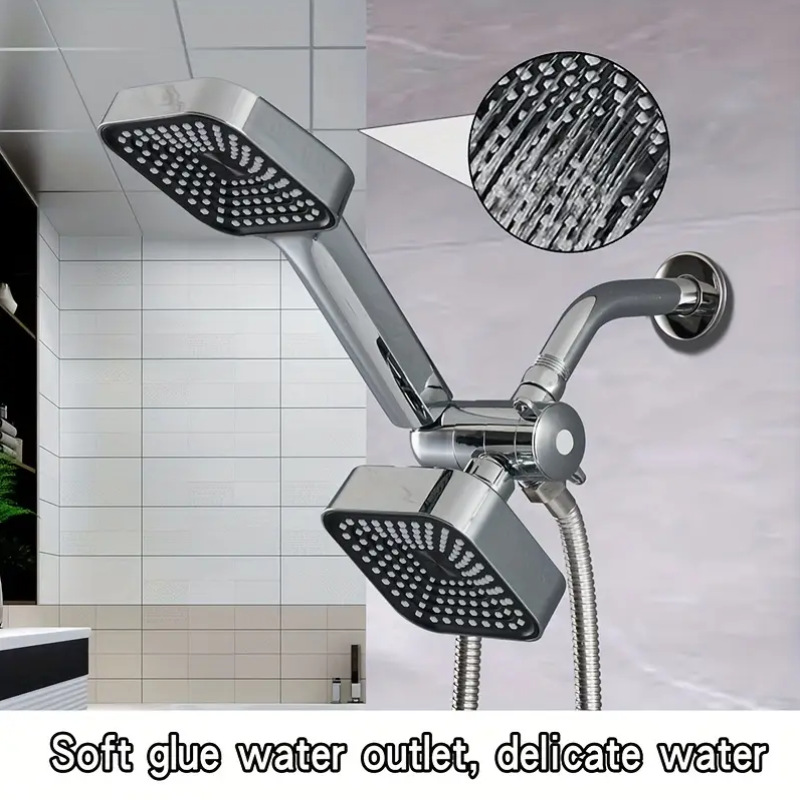Introduction
Do you feel like you're waiting for a drizzle every time you take a shower? Insufficient water pressure not only affects comfort, but also wastes time and water resources. According to a 2024 survey by the International Water Pressure Association, 68% of households have shower water pressure problems, 90% of which can be solved with simple adjustments. This guide will take you from diagnosis to solution, and even teach you how to achieve 'water pressure freedom' with a wrench and a bottle of vinegar.
1. Water pressure diagnosis upgrade: Added DIY pressure test method
Tools: Transparent plastic bottle (500ml), stopwatch
Steps:
Remove the shower head and point the bottle mouth to the water pipe
Open the valve fully and use a stopwatch to record the filling time
Calculation: 500ml ÷ seconds × 60 = real-time flow rate (ml/min)
Judgment criteria:
Low pressure: <6000ml/min
Normal: 6000-10000ml/min
High pressure: >10000ml/min
2. Causes of low shower water pressure (and how to diagnose the problem)
Weak water pressure can result from a variety of problems. To effectively solve this problem, you need to not only understand the possible causes, but also know how to identify them at home.
Common causes of low shower water pressure and how to identify them
2.1 Shower head clogged (mineral accumulation)
Cause: Hard water often leaves calcium or lime deposits, which can clog the nozzle over time.
How to check:
Visually inspect the nozzle - is there any blockage or scaling?
Unscrew the shower head and soak it in white vinegar for a few hours.
If the water flow improves after that, the problem is most likely mineral deposits.
2.2 Default flow restrictor
Cause: Many modern shower heads come with a flow restrictor (per US water regulations).
How to check:
Remove the shower head and look for a small plastic disc (usually green, blue or black) inside the water inlet.
Carefully remove it with a pin or screwdriver
Reinstall the shower head and test the water flow again.
Legal warning:
States such as California and Florida prohibit the removal of flow restrictors
Alternative: Install a shower head with a flow regulating valve
2.3 Faulty or partially closed shutoff valve
Cause: A shutoff valve that is not fully open can significantly reduce water pressure.
How to check:
Find the main water shutoff valve and the shutoff valve near the shower head (if any).
Make sure they are fully open.
If you're unsure, compare the pressure at other faucets or showerheads in your home.
2.4 Old or corroded pipes
Cause: In older homes, galvanized steel pipes can corrode from the inside, restricting water flow.
How to check:
Is low pressure occurring at multiple fixtures (not just the showerhead)?
Do you notice rust or discoloration in the water?
If so, internal corrosion in the pipes could be to blame.
You may want to call in a plumber to check and confirm.
2.5 Leaking pipes
Cause: Leaks in your plumbing system can reduce overall pressure.
How to check:
Check for water stains or damp spots on the ceiling, walls, or floors.
Listen for a hissing sound when you're not using water.
Check your water meter: If the meter moves even when everything is off, there's a good chance there's a leak.
2.6 Insufficient city supply pressure
Cause: Sometimes the problem is with your city's water system or nearby construction/repairs.
How to check:
Ask your neighbors: Are they experiencing the same problem?
Contact your local water company to check if there are any known water supply problems or maintenance work.
2.7. The mixing valve/spool in the shower faucet is clogged or faulty
Cause: The mixing valve in the shower faucet may become clogged or worn over time.
How to check:
If your shower is the only place with low water pressure, especially if the water pressure is unstable (hot water is strong, cold water is weak), there may be a problem with the mixing valve.
You may need to remove the handle and check the valve core,
3. When do you have to call a plumber?
Contact a professional immediately if the following situations occur:
Rust-colored water comes out of multiple faucets at the same time
Hear a continuous sound of water flowing in the wall/floor
A sudden drop in water pressure accompanied by a "bang" sound (a precursor to a burst pipe)
4. Can a showerhead really fix poor pressure in your shower?
Core conclusion: It can be significantly improved, but to a limited extent
Effective range:
The booster nozzle designed for low pressure can increase the impact of water flow by 30%-50%, but it cannot change the physical limit of the water pressure entering the house (for example, a booster pump is still needed when the municipal water supply pressure is insufficient).
Ineffective situation:
When the basic water pressure of the whole house is <30psi (2.1bar) or the pipes are severely blocked, replacing the nozzle alone will have limited effect.
5. How to choose a suitable booster showerhead
5.1 The spray hole should be small enough to absorb air
Choose an aperture of about 0.2mm (needle tip size)
With the words "air injection" (more powerful water flow)
5.2 The right material is durable
Nozzle: 304 stainless steel > silicone > plastic
Main body: metal shell is more resistant to pressure than plastic
5.3 The flow rate is moderate to be legal
Ordinary families choose 2.0GPM (enough for water saving)
Old houses can find 2.5GPM (need to confirm local regulations)
5. best showerhead for weak flow recommendations for 2025
AquaDance high-pressure six-speed showerhead - best overall
HO2ME high-pressure handheld showerhead - very suitable for handheld use
Speakman Hotel Anystream showerhead - luxury experience
WASSA high-pressure fixed showerhead - Economical and affordable
Conclusion
A relaxing, powerful shower doesn't have to be a luxury. With the right low water pressure shower head and a few smart fixes, you can enjoy a spa-like experience even in older homes or low-pressure areas. Choose wisely, install easily, and say goodbye to disappointing showers.

